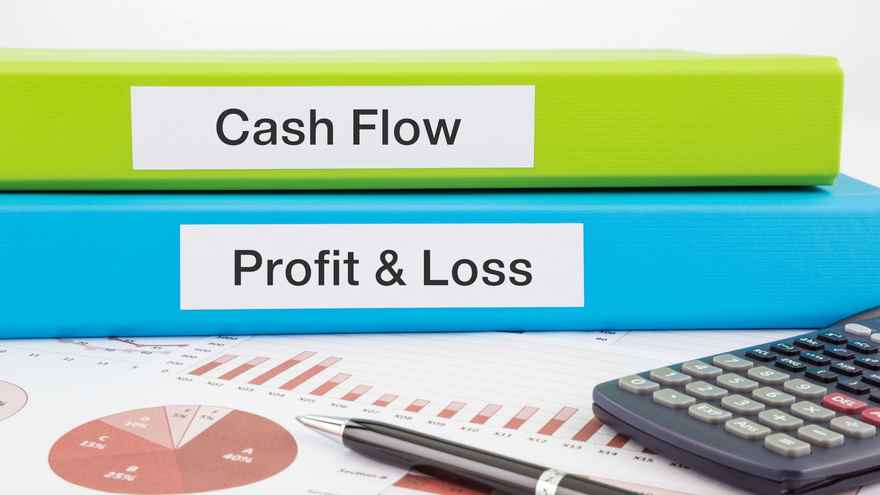Cash Flow vs Profit: What's the Difference and Which is More Important?

Ah, the age-old debate: cash flow or profit? While closely intertwined, they're not birds of a feather, and entrepreneurs often find themselves caught between the two. But which should take the lead? Is cash truly king, or does profit hold the crown? Let's dive deep into the distinctions and uncover the truth.
Understanding Cash Flow:
Cash flow is the lifeblood of your business—the money flowing in and out. It represents available funds rather than profits or assets locked away. Think of it as the fuel in your business's tank, essential for day-to-day operations. Without it, bills go unpaid, suppliers are left hanging, and growth becomes a distant dream.
There are three main types of cash flow:
Operating cash flow: the cash generated from regular business operations, such as sales.
Investing cash flow: cash earned from investments, such as securities, property or the sale of assets. When your business is actively investing, this number may be in the negative, but it will become positive when these investments generate a return.
Financing cash flow: the net cash generated to finance the company, including debt and dividend payments.
Positive cash flow means more inflow than outflow, increasing your liquid assets. Negative cash flow indicates the opposite. Short bursts of negative cash flow during growth phases are normal as investments precede returns. However, prolonged negative cash flow signals trouble and necessitates action.
What is Profit?
In a nutshell, profit = revenue - expenses. It's how much money your business is left with after you deduct expenses from your total turnover. Again, there are three main types of profit:
Gross profit = revenue - the cost of goods sold.
This includes variable costs such as materials and labour but not fixed costs such as rent.
Operating profit = revenue - business costs.
This figure includes fixed costs but excludes tax, interest payments on debt and income from investments that are outside the realm of the core business.
Net profit = revenue - all expenses, including tax and interest.
It's essential to understand the difference between these three figures to understand which costs significantly impact your net profit.
Which is More Important - Cash or Profit?
Both cash flow and profit are important to the long-term success of a business, but in the short term, it may be prudent to prioritise one over the other. It's possible to be profitable yet run out of cash, and vice versa. Both matter enormously, but which is more important depends on your financial situation.
For example, a business may turn a profit each month. Still, if that money is tied up in hard assets, they may be unable to pay employees and suppliers and, thus, may be forced to cease operations. In this instance, the business should prioritise cash flow.
On the other hand, a business may have a healthy cash flow but fail to make a profit due to substantial debt. Here, it may be prudent to prioritise paying off the debt to become profitable.
Cash flow will be negatively impacted when a business fails to generate a profit over a sustained period. It's vital to balance cash flow and profit carefully, but this can be difficult - especially when you're a busy business owner with a lot on your plate. For this reason, it's worth investing in a quality accountant who can help you maintain a healthy cash flow while generating a profit without losing your mind.
0 comments
Leave a comment
Please log in or register to post a comment